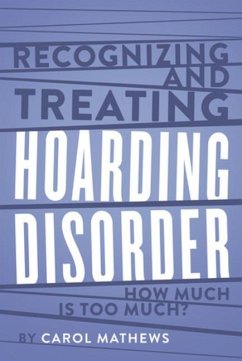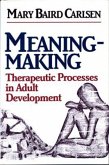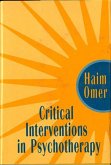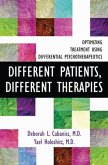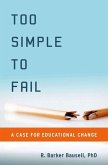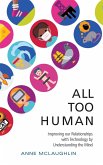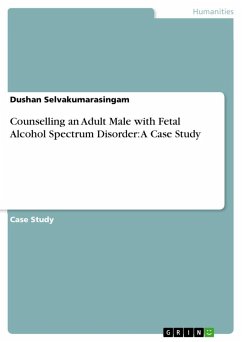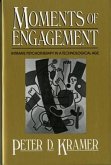Everybody has heard the statement "they are a hoarder" but not so many many of us really know what it means. Pathological hoarding was first formally conceptualised as a syndrome separate from OCD in the early 1990s, yet it wasn't until 2013 that hoarding received formal psychiatric diagnostic criteria in the DSM. Recognizing and Treating Hoarding Disorder looks at how a mental health professional who sees clients in an office can determine if hoarding is a factor in a client's life. Here, Carol Mathews provides readers with the first-ever comprehensive clinical book on hoarding, covering every aspect of the disorder. Topics include: epidemiology and impact; screening tools and clinical interview tools for assessment; differential diagnosis and co-occurring disorders; when to suspect mild cognitive impairment and dementia; hoarding behaviours in children; how to differentiate normal keeping of items from hoarding; animal hoarding; the neurobiology of hoarding disorder; treatments, both psychopharmacological and otherwise; self-help options; and the impact of hoarding on the family.
Hinweis: Dieser Artikel kann nur an eine deutsche Lieferadresse ausgeliefert werden.
Hinweis: Dieser Artikel kann nur an eine deutsche Lieferadresse ausgeliefert werden.

